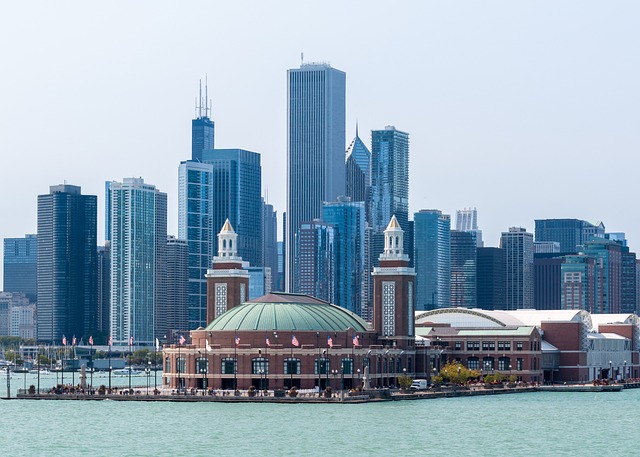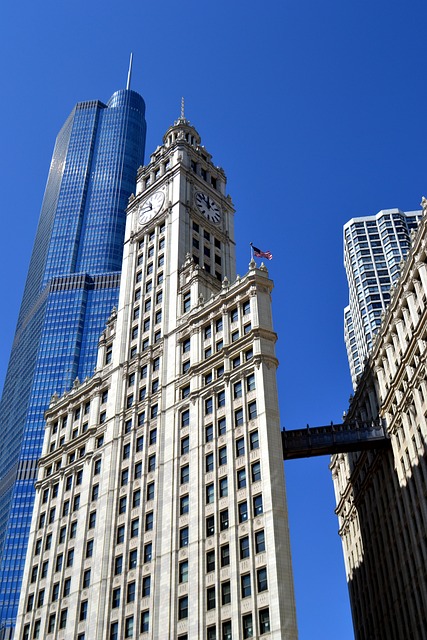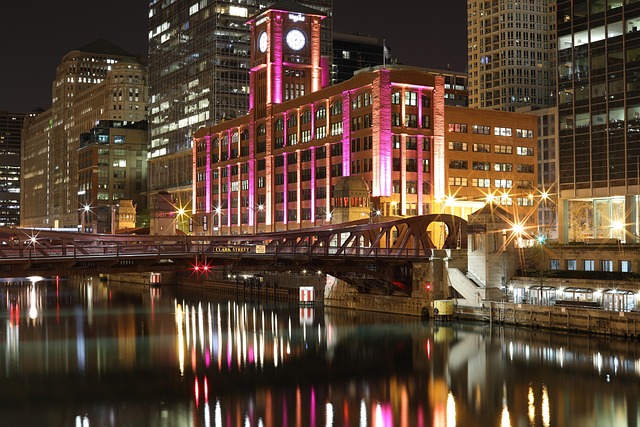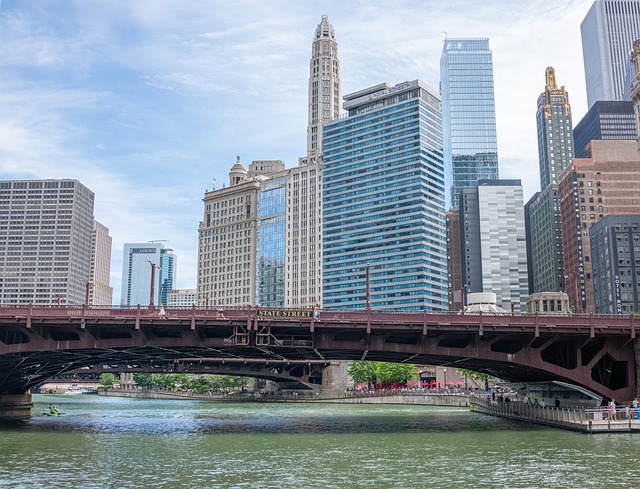Selling a fire-damaged house in Chicago requires a structured approach. Homeowners should promptly notify their insurer, conduct initial damage assessments, and gather repair estimates. Maintaining detailed records and a proper filing system is vital for a smooth claims process. Real estate agents specializing in such cases are essential for preparing the property, managing inspections, and adhering to local regulations. Documenting repairs guarantees transparency and facilitates a successful sale of the fire-damaged house in Chicago.
In Illinois, fire insurance claims are a vital process for homeowners facing the aftermath of a devastating blaze. Understanding the intricate claim procedures is crucial for a smooth recovery. This article guides you through the ins and outs of making fire insurance claims in Illinois, offering insights into navigating the sale of a fire-damaged house in Chicago specifically. Learn how to manage the process efficiently, from initial steps to final settlement, ensuring you receive the compensation you deserve when selling your fire-damaged property in this bustling metropolis.
- Understanding Fire Insurance Claims Process in Illinois
- Navigating the Sale of a Fire-Damaged House in Chicago
Understanding Fire Insurance Claims Process in Illinois
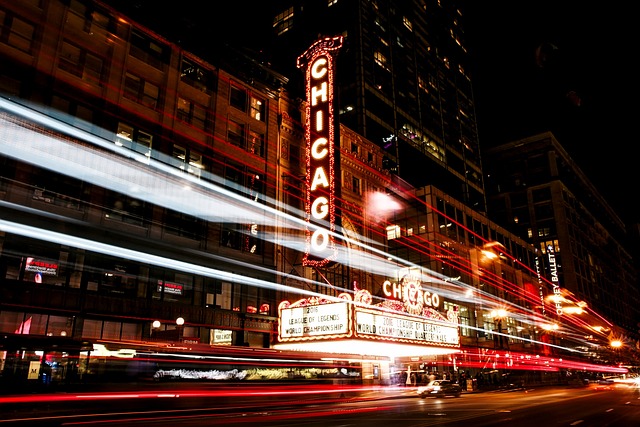
In Illinois, navigating the fire insurance claims process requires understanding a series of steps to ensure a smooth and successful claim. Once a fire occurs and damages your property, including a sell fire-damaged house Chicago scenario, the first step is to notify your insurance provider as soon as possible. This typically involves calling their emergency hotline or filing a report online. After notification, an insurance adjuster will visit the scene to assess the damage and provide an initial estimate of repairs. They will document the loss, taking photos and notes, which are crucial for the claim’s progress.
The next phase includes gathering all necessary documentation, such as repair estimates from contractors, invoices for replacement items, and any other evidence supporting your claim. It’s essential to keep detailed records of communications with your insurer and maintain a thorough filing system. This process can be complex, but understanding your rights and the steps involved is key to receiving the compensation you deserve when selling a fire-damaged house in Chicago.
Navigating the Sale of a Fire-Damaged House in Chicago

Selling a fire-damaged house in Chicago can be a complex process, especially with the unique regulations and requirements in place for such properties. After a fire, homeowners often find themselves navigating a series of steps to ensure their property is safe for sale. The first step involves assessing the extent of damage; this includes structural integrity, as well as any hazardous materials or environmental concerns that may have been introduced by the fire. Once the safety of the home is confirmed, the next phase is working with insurance providers to process claims and determine coverage for repairs.
In Chicago, real estate agents specializing in these situations are crucial for guiding homeowners through the sale. They can help prepare the house for showing, manage any necessary inspections, and negotiate offers while keeping in line with local regulations regarding fire-damaged properties. This process requires careful documentation of repairs and restoration work to ensure transparency throughout, ultimately leading to a successful sale.
Fire insurance claims are a complex process, but understanding the steps can help streamline the recovery process after a devastating fire. In Illinois, navigating these claims involves careful documentation and communication with insurers. For those looking to sell a fire-damaged house in Chicago, it’s crucial to be aware of the potential challenges and opportunities that come with this unique market. By familiarizing themselves with the local regulations and industry practices, homeowners can ensure a smoother transition, allowing them to rebuild or move forward with their lives after a fire.
